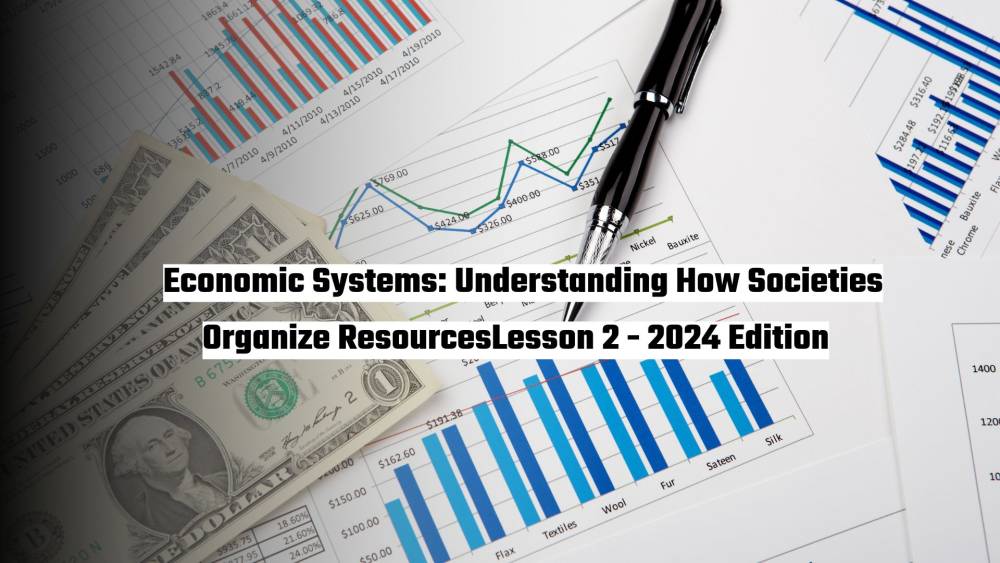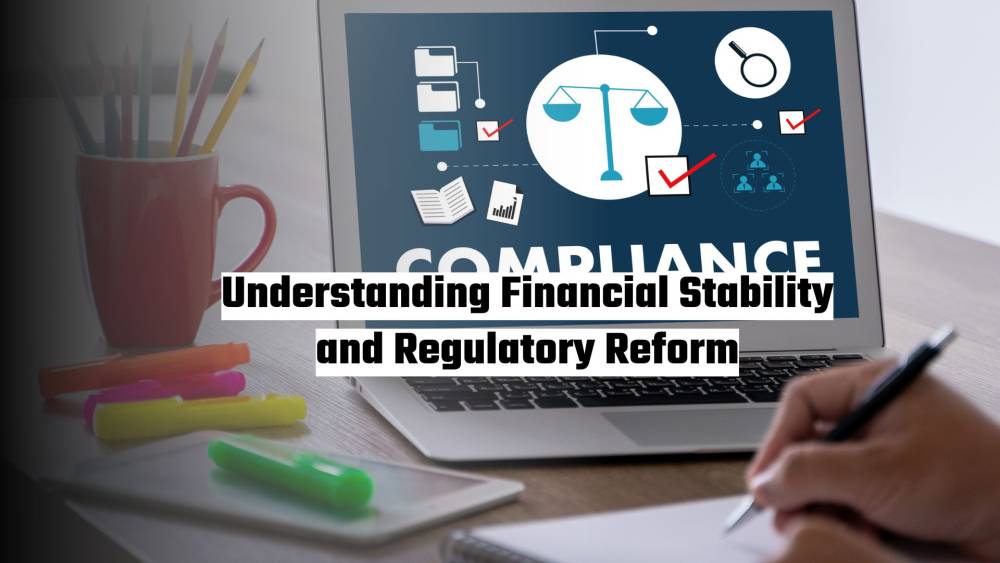Information plays a pivotal role in economic theory and market behavior. The concept of information economics explores how information—or the lack thereof—affects decisions made by individuals, firms, and governments in a market setting. Closely tied to this is the idea of market failure, which occurs when markets fail to allocate resources efficiently. A major cause of market failure is asymmetric information, where one party in a transaction holds more information than the other, leading to inefficiencies and sometimes severe consequences for the overall market. Understanding how information impacts market outcomes is key to addressing these failures and ensuring optimal resource allocation.
Defining Information Economics
Information economics is a subfield of economics that studies how information influences economic decisions and outcomes. In a perfect market, all participants would have access to complete and perfect information. However, in reality, information is often incomplete, hidden, or asymmetric. These imperfections can lead to suboptimal decision-making by consumers and producers, distorting the market.
Economist George Akerlof's seminal work, "The Market for Lemons," demonstrated how asymmetric information can lead to market failure. Akerlof used the example of used car markets, where sellers have more information about the quality of cars than buyers, resulting in adverse selection where only low-quality goods ("lemons") dominate the market.
The Role of Information in Market Behavior
Information asymmetry is a key element in the functioning of markets. When consumers and producers have equal access to relevant information, they can make decisions that lead to efficient outcomes. However, when one party has more or better information than the other, market outcomes can deviate from the ideal.
For example, in a job market, employers may have less information about the capabilities of a potential employee than the employee themselves. To compensate for this, employers rely on signals such as educational qualifications or prior work experience, though these signals may not always accurately reflect the candidate's true ability.
In product markets, firms may have more information about the quality of the goods they are selling than consumers, leading to potential exploitation and inefficiency. This can result in consumers either overpaying for inferior products or under-consuming due to lack of trust, thus distorting the allocation of resources.
Types of Information Asymmetry
There are two primary types of information asymmetry: adverse selection and moral hazard. Each of these concepts highlights different ways in which unequal information between parties can lead to market inefficiencies.
Adverse Selection
Adverse selection occurs when one party in a transaction takes advantage of their superior information before the transaction occurs. In markets where adverse selection exists, higher-quality goods or individuals may be driven out of the market because they cannot signal their true value to the other party.
In insurance markets, adverse selection is a major concern. Insurers are often less informed about the health risks of policyholders than the policyholders themselves. As a result, individuals with higher risks are more likely to purchase insurance, leading to higher premiums. This can drive out healthier individuals, exacerbating the problem and potentially leading to market collapse.
Moral Hazard
Moral hazard arises after a transaction takes place and refers to a situation where one party changes their behavior because they do not bear the full consequences of their actions. This typically occurs when an individual is insulated from risk and therefore may act less cautiously than they otherwise would.
A classic example of moral hazard is seen in the insurance industry, where insured individuals might take more risks because they know they are covered by their policy. For example, a driver with full-coverage insurance may drive more recklessly than someone without such protection.
Signaling and Screening
To mitigate information asymmetry, economic agents engage in signaling and screening. Signaling is when the informed party (e.g., a job candidate) takes action to convey their private information to the uninformed party (e.g., an employer). Educational degrees, certifications, and professional references serve as signals.
Screening, on the other hand, occurs when the uninformed party (e.g., an insurance company) designs mechanisms to induce the informed party to reveal their information. In insurance markets, offering different tiers of coverage based on risk is a form of screening.
Market Failure: A Core Issue in Economics
Market failure is a situation where the allocation of goods and services by a free market is not efficient. Economists identify several causes of market failure, including externalities, public goods, monopoly power, and, crucially, information asymmetry.
Causes of Market Failure
Markets can fail for various reasons, but information failure is one of the most common and disruptive. Along with information asymmetry, other causes include:
- Externalities: When the actions of individuals or firms affect third parties not involved in the transaction, leading to over- or under-production.
- Monopolies: Market dominance by a single firm can result in underproduction and inflated prices.
- Public Goods: Goods that are non-excludable and non-rivalrous, like national defense or clean air, can lead to free-rider problems where the market under-provides.
Information Failure as a Type of Market Failure
Information failure refers to a situation where market participants do not have enough information to make informed decisions, leading to inefficient outcomes. In many cases, this stems from information asymmetry, where one party holds more or better information than the other.
For instance, in a stock market, if investors have unequal access to information about a company's future performance, it can lead to speculative bubbles or crashes as uninformed investors follow herd behavior without fully understanding the risks.
Adverse Selection and Market Failure
The concept of adverse selection can have a significant impact on the functioning of markets. In some cases, it can lead to market breakdowns where transactions fail to occur, or the market only provides low-quality goods and services.
Real-World Case Study: The Health Insurance Market
The health insurance market provides a clear example of how adverse selection can lead to market failure. Insurers typically lack information about the health status of potential clients, while individuals know their own health conditions better. As a result, those with higher health risks are more likely to seek insurance coverage, while healthier individuals opt out.
This dynamic increases the overall risk pool, forcing insurers to raise premiums. The higher premiums, in turn, deter even more healthy individuals from purchasing insurance, further worsening the risk pool. This cycle, known as the "adverse selection death spiral," can lead to a complete collapse of the insurance market if left unregulated.
Moral Hazard and Economic Efficiency
Moral hazard distorts economic efficiency by encouraging individuals or firms to take actions that they would not take if they were fully responsible for the consequences. When the incentives for careful behavior are weakened, it can lead to suboptimal outcomes for the entire economy.
Financial Markets and Moral Hazard
One of the most significant examples of moral hazard is in the financial sector, particularly in the lead-up to the 2008 financial crisis. Banks and other financial institutions engaged in risky behavior because they believed they would be bailed out by the government in the event of a collapse. This expectation of a safety net encouraged excessive risk-taking, which eventually led to the crisis and subsequent recession.
In such cases, moral hazard not only affects individual institutions but also has broader consequences for the economy. If financial institutions are not held accountable for their actions, it can result in systemic risk, where the failure of one institution can trigger a domino effect, leading to widespread economic instability.
Government Intervention and Solutions to Market Failure
When markets fail due to information asymmetry, government intervention is often necessary to restore efficiency and protect consumers. There are several strategies that governments can employ to mitigate the effects of adverse selection and moral hazard.
Regulation and Policy Responses
Regulation can help correct market failures by enforcing transparency and reducing information asymmetry. In the insurance market, for instance, governments can mandate that insurers cover all individuals, regardless of their health status, to prevent adverse selection. This was one of the central goals of the Affordable Care Act in the United States, which required individuals to purchase health insurance and imposed penalties for non-compliance.
The Role of Institutions in Reducing Information Asymmetry
Institutions, such as credit rating agencies, consumer protection organizations, and auditing firms, play a crucial role in reducing information asymmetry. By providing reliable information about the quality of products or the financial health of companies, these institutions help consumers and investors make more informed decisions. For example, credit scores provide lenders with a standardized way to assess the creditworthiness of borrowers, helping to reduce adverse selection in lending markets.
Information Economics in the Digital Age
The rise of information technology and the internet has transformed the way information is distributed and consumed in markets. In many ways, technology has helped reduce information asymmetry by making data more accessible to a broader range of market participants.
At the same time, however, the digital age has introduced new challenges. The sheer volume of information available can lead to "information overload," where consumers and firms are overwhelmed by data and struggle to make informed decisions. Additionally, issues related to data privacy and security have emerged as significant concerns in the digital marketplace.
The Future of Information Economics and Market Efficiency
As markets become increasingly digitized and data-driven, the role of information in economics will continue to evolve. Big data analytics, artificial intelligence, and blockchain technology have the potential to further reduce information asymmetry by providing real-time, transparent data to market participants. However, ensuring that this information is accurate, secure, and accessible to all will remain a challenge for policymakers and businesses alike.
Conclusion: The Interplay Between Information and Market Outcomes
In conclusion, information economics is a critical field that explores how the distribution of information affects market outcomes. Information asymmetry, particularly in the form of adverse selection and moral hazard, can lead to significant market failures, distorting the efficient allocation of resources. Addressing these issues requires a combination of government intervention, institutional support, and innovative technological solutions. By improving access to information and ensuring transparency in markets, we can reduce the likelihood of market failures and promote economic efficiency.
FAQs:
1. What is information economics? Information economics is the study of how information affects economic decisions and market outcomes. It explores issues like information asymmetry and its impact on market efficiency.
2. What is market failure? Market failure occurs when markets fail to allocate resources efficiently, often due to problems like externalities, monopolies, or information asymmetry.
3. How does adverse selection lead to market failure? Adverse selection happens when one party has more information than the other, leading to inefficient outcomes, such as the collapse of insurance markets when high-risk individuals dominate.
4. What is moral hazard? Moral hazard arises when one party takes more risks because they do not bear the full consequences, often leading to inefficiencies in markets like finance and insurance.
5. How can government intervention solve market failures? Governments can intervene by regulating industries, enforcing transparency, and ensuring equal access to information to correct market inefficiencies.
6. How does technology impact information economics? Technology can both reduce and exacerbate information asymmetry. While it improves access to information, it also introduces challenges like information overload and data privacy concerns.

































